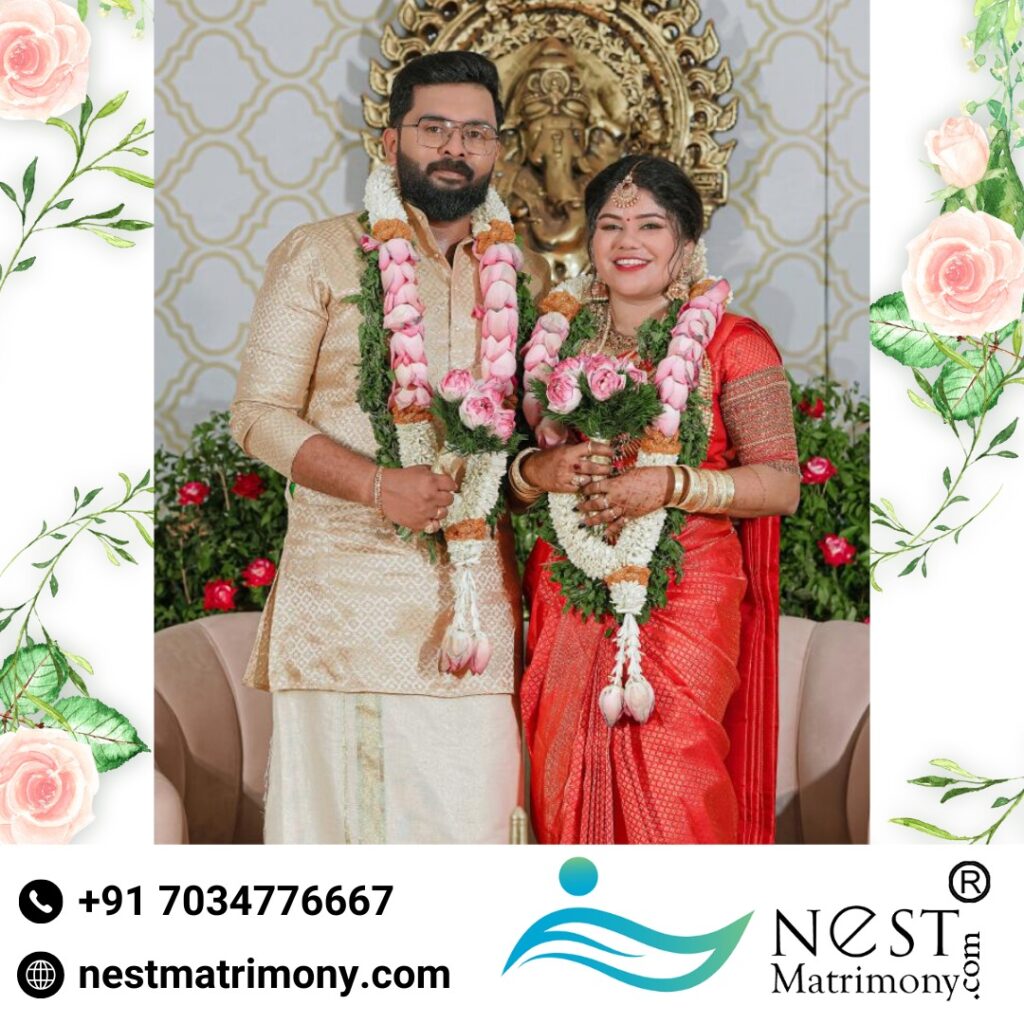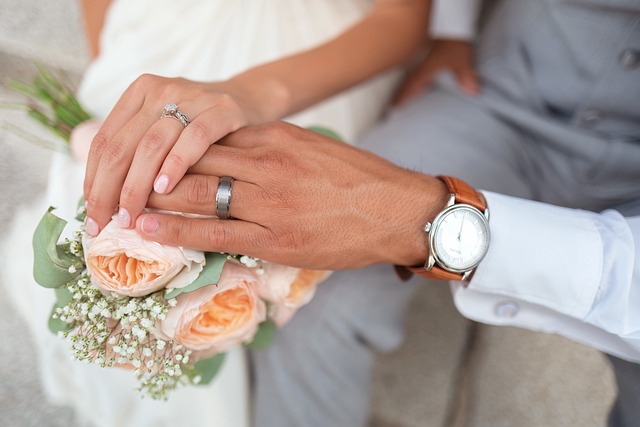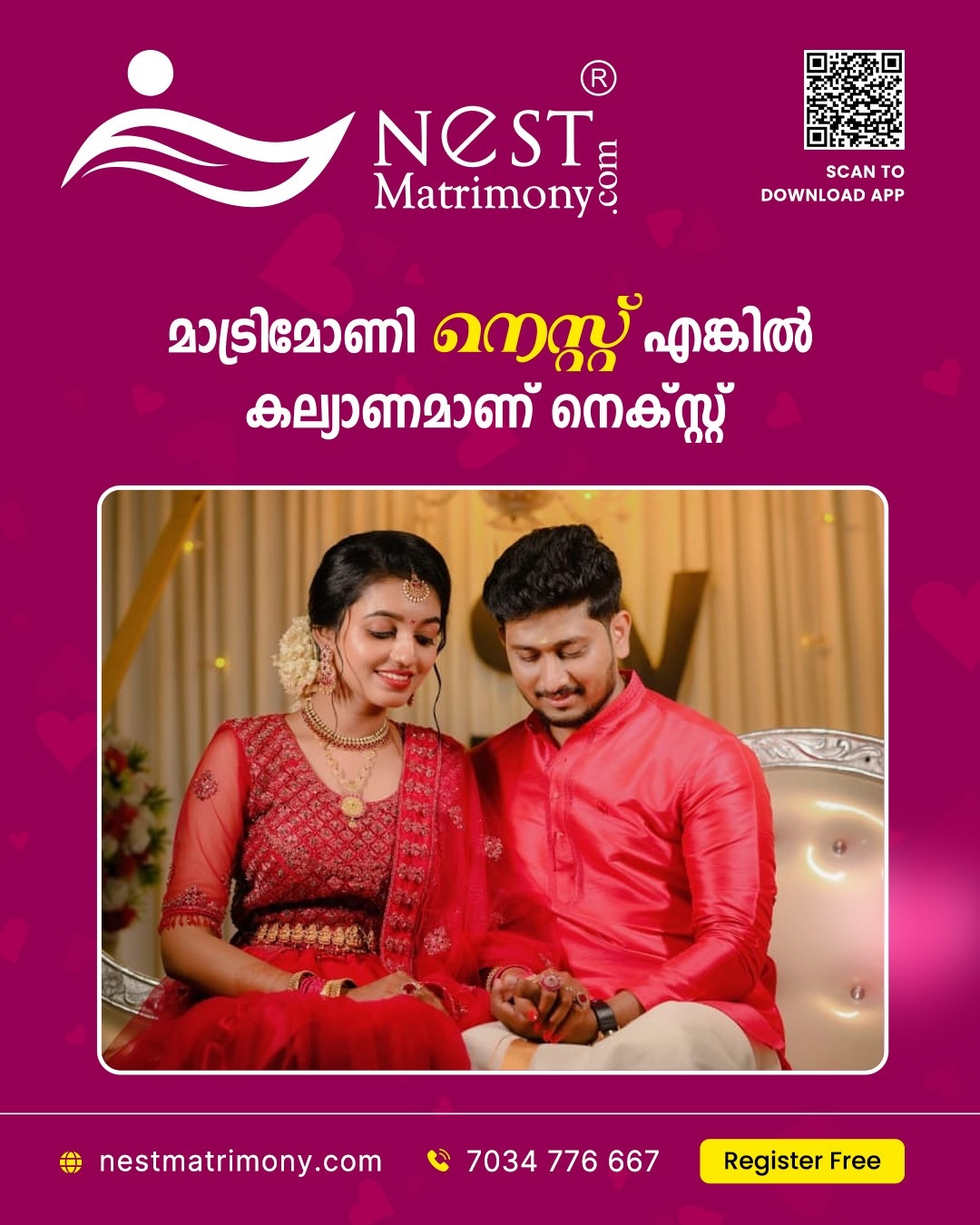THE BELIEF BEHIND TYING THREE KNOTS
Posted on 20 August
The practice of tying three knots in marriage ceremonies is a significant ritual in many cultures, particularly in Hindu weddings. This symbolic act carries deep meaning and varies slightly in its interpretation across different traditions. Below is an explanation of the importance of the three knots in marriage:
Spiritual Bond
First Knot: The first knot represents the union of the souls of the bride and groom. This knot signifies the spiritual connection between the couple, aligning their hearts and souls with each other. It emphasizes the divine aspect of marriage, symbolizing that their relationship is blessed and guided by higher powers
Physical Bond
Second Knot: The second knot symbolizes the physical bond between the couple. It signifies their commitment to support, protect, and care for each other on a physical level. This knot reflects their promise to share the responsibilities of life and work together to maintain their physical well-being.
Emotional Bond
Third Knot: The third knot represents the emotional connection between the bride and groom. It embodies their mutual trust, understanding, and affection. This knot emphasizes the importance of emotional support, empathy, and love in a marriage, which helps in building a strong and enduring relationship.
Cultural and Religious Significance
In Hindu weddings, the act of tying the three knots is often performed by the groom when he ties a sacred thread, around the bride's neck. Each knot signifies a different aspect of their marriage, and the ritual is seen as a commitment to uphold these vows throughout their life together. In some other traditions, the three knots might also represent different divine figures or deities, such as Brahma, Vishnu, and Shiva, symbolizing creation, preservation, and transformation in the couple's journey together.
Symbol of Completeness
The three knots together symbolize the completeness of marriage, covering all aspects of life: spiritual, physical, and emotional. It reminds the couple of their duties to each other and the holistic nature of their relationship.
In Christian weddings, the concept of tying knots does not have the same widespread ritualistic significance as in some other cultures, like Hinduism. However, the symbolism of knots in Christian weddings can still carry deep meaning, particularly in modern ceremonies that incorporate the idea of a "threefold cord" or a "unity knot." These are often inspired by biblical teachings and serve as a visual representation of the couple’s commitment to each other and their faith. Here's how the concept of "three knots" or "threefold cord" may be interpreted in Christian weddings:
The Threefold Cord
The idea of the threefold cord comes from the Bible, specifically from Ecclesiastes 4:12, which says, "Though one may be overpowered, two can defend themselves. A cord of three strands is not quickly broken." This scripture highlights the strength and unity that come when two individuals are bound together with God as the third strand.
In some Christian wedding ceremonies, couples may perform a "cord of three strands" ritual, where three cords are braided together, symbolizing the union of the couple with God at the center of their marriage.
First Knot: Union with God
The first symbolic knot can represent the couple’s relationship with God. It signifies that their marriage is founded on their shared faith, and they are committing to build their lives together with God as their guide and protector
Second Knot: Union with Each Other
The second knot symbolizes the physical and emotional bond between the bride and groom. It represents their promise to love, cherish, and support each other throughout their lives, committing to one another as life partners.
Third Knot: Union with Family and Community
The third knot can symbolize the couple's connection to their families, friends, and community. Marriage in the Christian tradition often involves the support of a larger faith community, and this knot signifies the couple’s role within that community, receiving its blessings and offering their support in return.
Symbolism of Completeness
The use of three knots or the threefold cord in a Christian wedding highlights the belief that a marriage is strengthened when it involves more than just the two people being married. By including God as the third strand, the couple acknowledges that their faith is central to their relationship, and with this divine connection, their bond is stronger and more enduring.
While not a traditional or widespread ritual, the concept of three knots in a Christian wedding symbolizes the couple’s desire to intertwine their lives with God’s presence, creating a complete and resilient union.

In Muslim marriages, the concept of tying three knots does not have a formal ritualistic role as it might in other cultures . However, Islamic marriage, known as Nikah, has its own symbolic and spiritual elements that emphasize the importance of a strong bond between the couple. While the specific act of tying three knots isn't part of traditional Islamic marriage ceremonies, we can explore symbolic interpretations within the framework of Islamic teachings that emphasize the union's sacredness.
DOWN LOAD
Nest Matrimony : https://nestmatrimony.com/campaign
Play Store: https: //play.google.com/store/apps/detailsid=com.nestmatrimony.app&hl=en
App Store:https://apps.apple.com/in/app/nest-matrimony/id1486299424









